Member of the Shan Nationalities Democratic Party (SNDP) Nang S Kee Moe was Burma’s youngest parliamentarian after she won a state parliament seat representing Laikha Township in 2010, but lost it in the general election in 2015. SHAN spoke to her about her campaign for the same seat in the 2020 election, her views on Burma’s recent political history, and her priorities as a lawmaker if she is elected again.
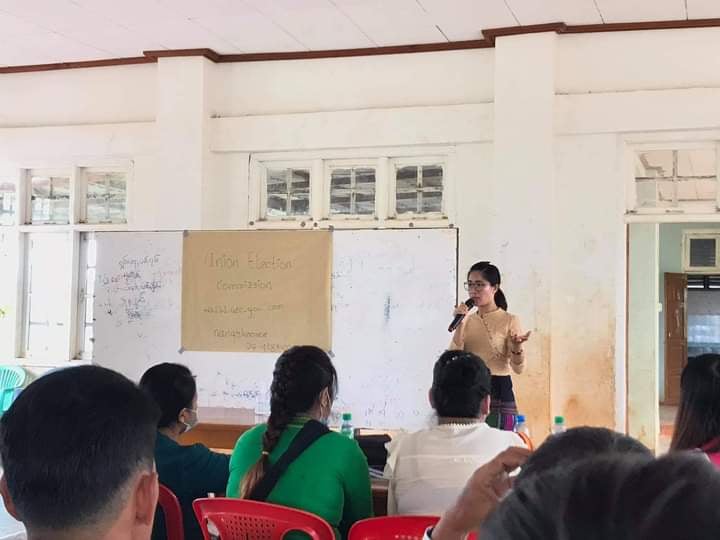
Why are you are running for election in Laikha Township’s Constituency 1?
I have three reasons. First, I will continue a job that was left incomplete after spending 2010-2015 in parliament. Second, as an ethnic Shan, it is my historic duty to do this work. Third, as a woman, I have to work for women’s rights. That’s why I am going to run for election.
You have now run for election three times in Laikha. How does this election compare to past elections?
If we compare the 2010 and 2020 elections, people did not know much about the political transition in 2010. This is because there were no elections in our country for so many years. In the 2010 general election, we had to explain the political transition a lot to people, as well as how to vote on election day.
The 2020 election will be the third election, so we do not need to explain how to vote on election day. Many political parties were established during the political transition. In the coming election, we have to explain our party’s policies to people and what we are going to implement.
What have been the differences between 2010 and 2015 regarding the Shan State parliament?
I think there was political transition from 2010-2015. From 2010-2015, the previous U Thein Sein government wanted to portray themselves positively, so they wanted to provide some things to the people. They fulfilled this through proposals from parliamentarians. I think there was more media freedom under U Thein Sein’s government.
From 2015-2020, the current NLD [National League for Democracy] government has prioritized working more for their winning constituencies. I don’t think they have worked much for other ethnic regions where they didn’t win. I think they have restricted the media sector.
There are issues around coal mining in Laikha. If you win the election, what are you going to do about this?
The problem of coal mining is a big challenge for me. If I win the 2020 election, I will try my best to solve this problem in line with law, because it’s a big issue.
You are a mother as well as a young woman. Has this created challenges for you on the campaign trail?
As a mother, I have many difficulties. First, I have to prepare everything for my children before I leave my house. I get so worried about my children when return home late.
The UEC [Union Election Commission] allows only 50 people to attend election campaign events [because of COVID-19 restrictions on gathering]. For me, this is not a problem. My problem is that I am a mother of children: if I am infected by the virus, I will be a carrier of the virus. I am so worried about this. That is a big challenge that I face.
The UEC has allowed us just two months for the election campaign period… This is also a big challenge for me.
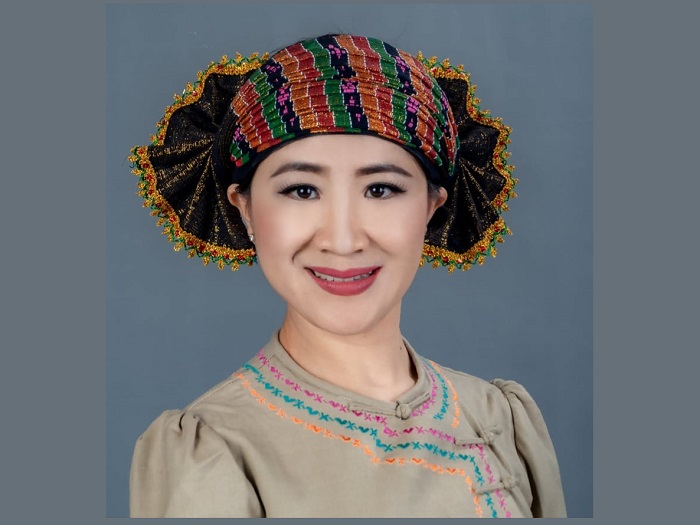
You said that you would work for women’s issues. How?
In my opinion, the percentage of women involved in decision-making is very low. Women’s involvement in the legislative, executive, and judicial branches is very low. I will work with other women parliamentarians to draw up a policy for more women’s involvement in these three branches.
You entered politics at a young age. What advice do you have for other young women?
My message for young women is that they need to be interested in politics, education, health, social issues and economics. They need to study hard. They need to analyze those issues. If we want to get our rights, we must participate in politics. This means working for all people. Please, work hard for all people.
What do you want to say to the voters?
I want to work to develop the education sector. Che Guevara said that the first duty of a revolutionary is to be educated. I like his words. To be successful and to get your rights, everybody needs education. We should be educated people. I will work hard to develop the education sector and for our younger generation. I want to build trust with the people. People can vote for me. I will try to work for the future generations.
Thank you for your time.
This interview was lightly edited for clarity.





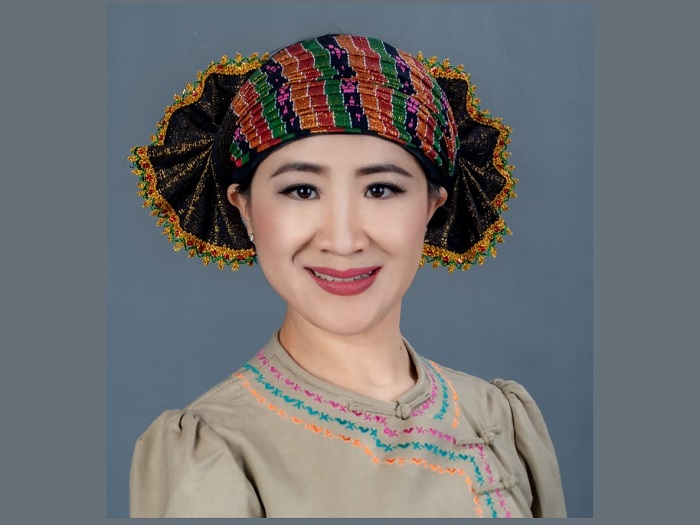

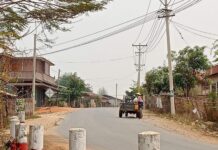
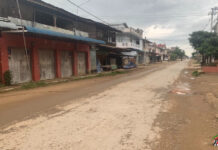
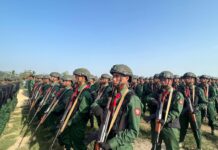
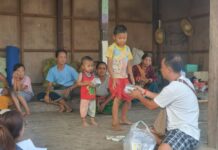




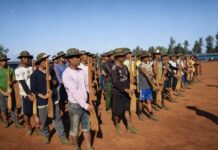

Leave a Comments